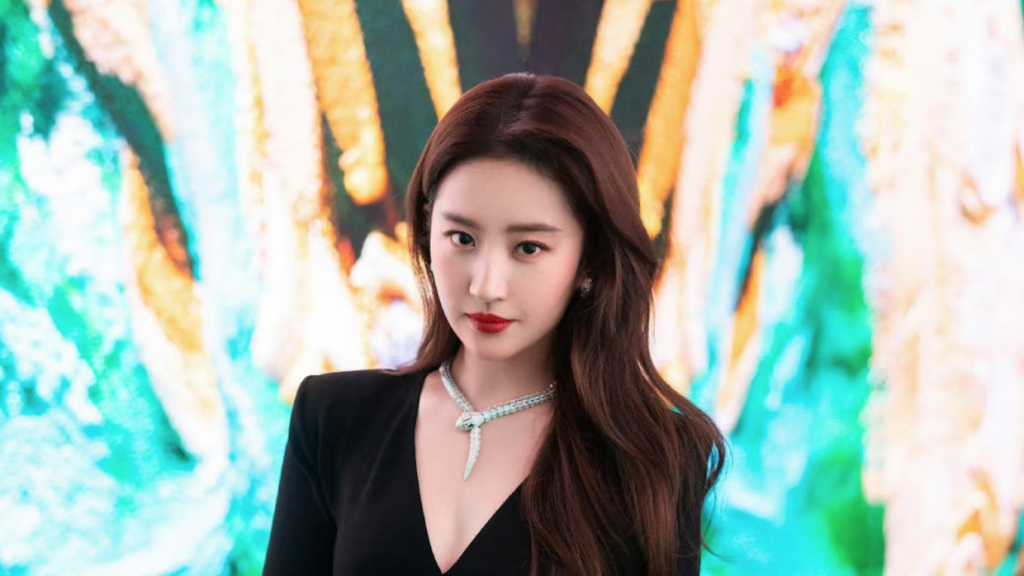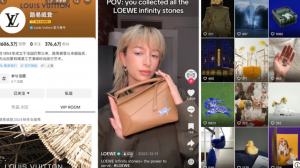Luxury brands are appointing Chinese celebrities as ambassadors en masse. Jing Daily offers a playbook for brands to pick the right faces and navigate celebrity scandals.

If 2022 was the year of K-pop — Gucci, Cartier, Fendi and other houses added at least one South Korean idol to their roster of ambassadors — 2023 marks the return of Chinese celebrities as representatives of luxury.
When China ended Covid-19 restrictions at the beginning of 2023, brands rushed to dust off their budgets for Chinese spokespersons.
Following Milan Fashion Week, Versace announced homegrown singer Li Yuchun as its global brand ambassador, and Italian jewelry house Bulgari appointed renowned Chinese actress Liu Yifei as its international spokesperson. Most recently, Michael Kors appointed Shu Qi as its global face, and Louis Vuitton announced dancer and actress Song Qian as its latest brand ambassador. The appointments showcase luxury brands’ recovered confidence in the mainland market.
To be sure, China’s lengthy Covid-19 lockdowns and crackdown on celebrities made 2022 a tumultuous year for businesses. According to Aiman Data, the number of brand ambassador appointments in China nearly halved in 2022 compared to 2021. During the second quarter of 2022, the platform recorded 600 new spokesperson appointments, down from 385 in the corresponding period in 2021.
As China is on track to become the largest luxury market by 2025, brands’ investment in the market is a shrewd move. Here, Jing Daily talks to industry experts to provide a playbook for choosing the right ambassadors and navigating celebrity scandals, and forecast whether C-pop will take over from K-pop. Continue to read the full article here





